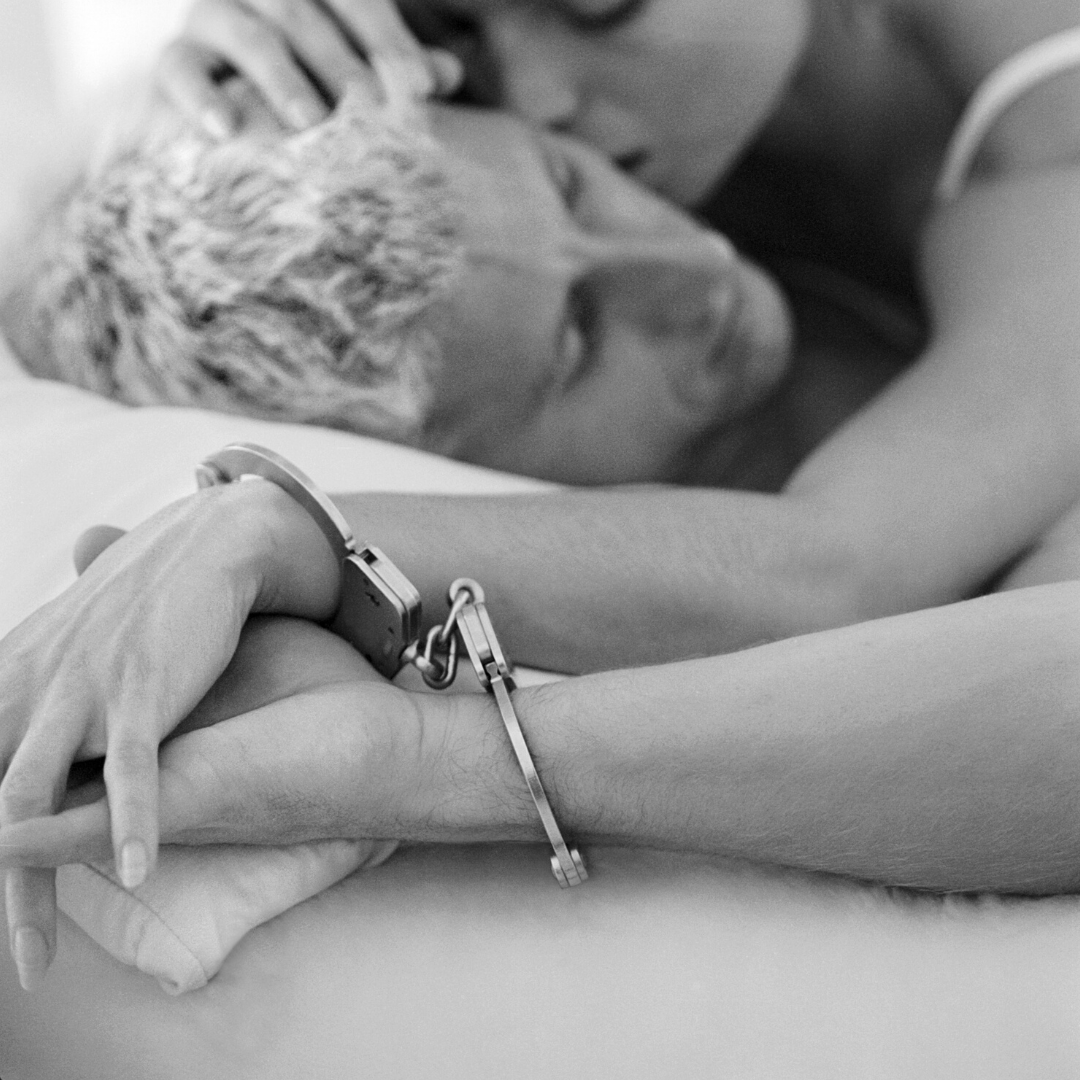I have come to a point in my life where I don’t know how to date, when to disclose my disability but also an illness without a prognosis. I thought about dating other disabled people

I have plenty of good friends and I get a lot out of these relationships. However, I do find myself suffering from loneliness and feel lost when dealing with issues of sexuality and intimacy?

Regardless of what we think about online dating, it’s here to stay. Here are our top tips on navigating the world of swiping, sexy selfies and aubergine emojis… Read more
 I’ve always heard that being a parent is the hardest job in the world. But I also heard that it is the most rewarding.
I’ve always heard that being a parent is the hardest job in the world. But I also heard that it is the most rewarding.
Now that I am a parent myself I can honestly say that what I had heard was so true.
My name is Joy and I am a single, sexy, mother of one. I also happen to have a severe visual impairment which basically means I am totally blind in my right eye and have a very small amount of vision in my left eye, with the help of sone very thick and flowery glasses.
Having a visual Impairment also means I can’t see hot guys walking past me on the street which is really annoying but hey, I guess there are worse things going on in the world!
When I was first asked to do a blog about parenting I didn’t want it to feel like a lesson on how to be a “good parent” because let’s face it only our children can make that decision when they grow up.
So what I want to do is simply share my journey and hopefully reduce negative stereotypes of parents with disabilities and give an insight into the difficulties most parents face, but also give some kind of reassurance to other blind and partially sighted woman who may not have experienced motherhood yet.
I’m going to talk about the aspects of parenthood that have had the biggest impact on me and I’m going to start from the very beginning. Everything from My pregnancy and labour, the fear of becoming a mother, the support I have had, travelling with a baby and a cane, keeping up with a toddler, and my thoughts on the future.
Currently, my daughter Janelle is 3 years old and she loves singing, dancing, Peppa Pig, writing on my walls, stealing my lipsticks and pretending to be a police officer!
She is the single most important thing in my life and despite all of her tantrums and sulking when I don’t give her chocolate, she is the only light in my life.

The new guidelines are a great step to ensure that disabled people can receive the support they need in making sexual needs and desires accessible.

We’ve all been there, enjoying a nice shag but thinking how much better it would be if our partner did something a little more special…
Last week my fellow trainer Zoe and I had the pleasure of spending the day at Sir William Borlase Grammar School delivering workshops as part of their Year 7 Disability awareness day. We frequently deliver workshops for schools but one of the things that really stood out about the day was the number of questions the young people wanted to ask. They took part in some games and activities but we ended up not doing everything that we had planned simply because once the questions started, they just didn’t stop. We were delighted. After the session on the slow drive around the M25 I had plenty of time to reflect on the day.
I have lost count the number of times a child has stared at me when I have been out with friends and using British Sign Language. When this happens usually a parent pulls them away and tells them it’s rude to stare before I have chance to say anything. Children are curious about the world in which they live and particularly when they see something new. I have been asked by children numerous times what’s that thing behind my ear (my cochlear implant). The difficulty arises when children are not encouraged to ask questions and find out about disability (in a positive and appropriate way) and instead are told it’s rude. The child often sees the embarrassment that their parent displays and remember it. This feeds into the ‘fear factor’ that as a charity we speak about; where people are awkward around disabled people because they worry about saying or doing the wrong thing.
Having the opportunity to meet disabled people enables children and young people the chance to see that we are just like everyone else and that there is no need to feel awkward around us. Giving them the opportunity to ask questions in a safe and appropriate environment demystifies disability and can only help to remove that fear factor.
Children and young people are the next generation. If we can reduce that fear factor, then this in turn will help to reduce the barriers that disabled people face in terms of attitude and communication. Remember that we will only be an inclusive and accessible society once attitudes are changed. The more children that have workshops and positive interactions with disabled people the quicker this will happen.
I would like to say well done to Sir William Borlase Grammar school for valuing diversity and inclusion and for arranging such a great day!
